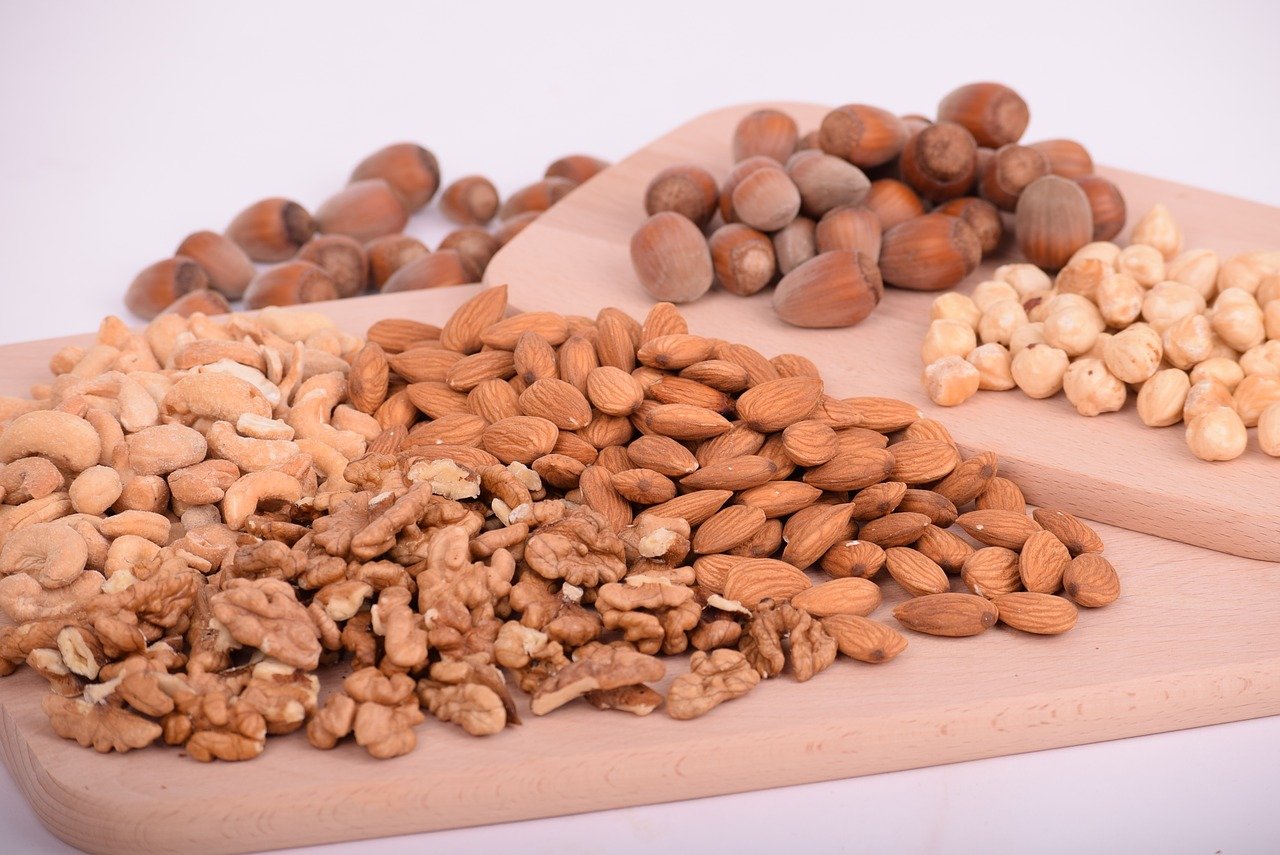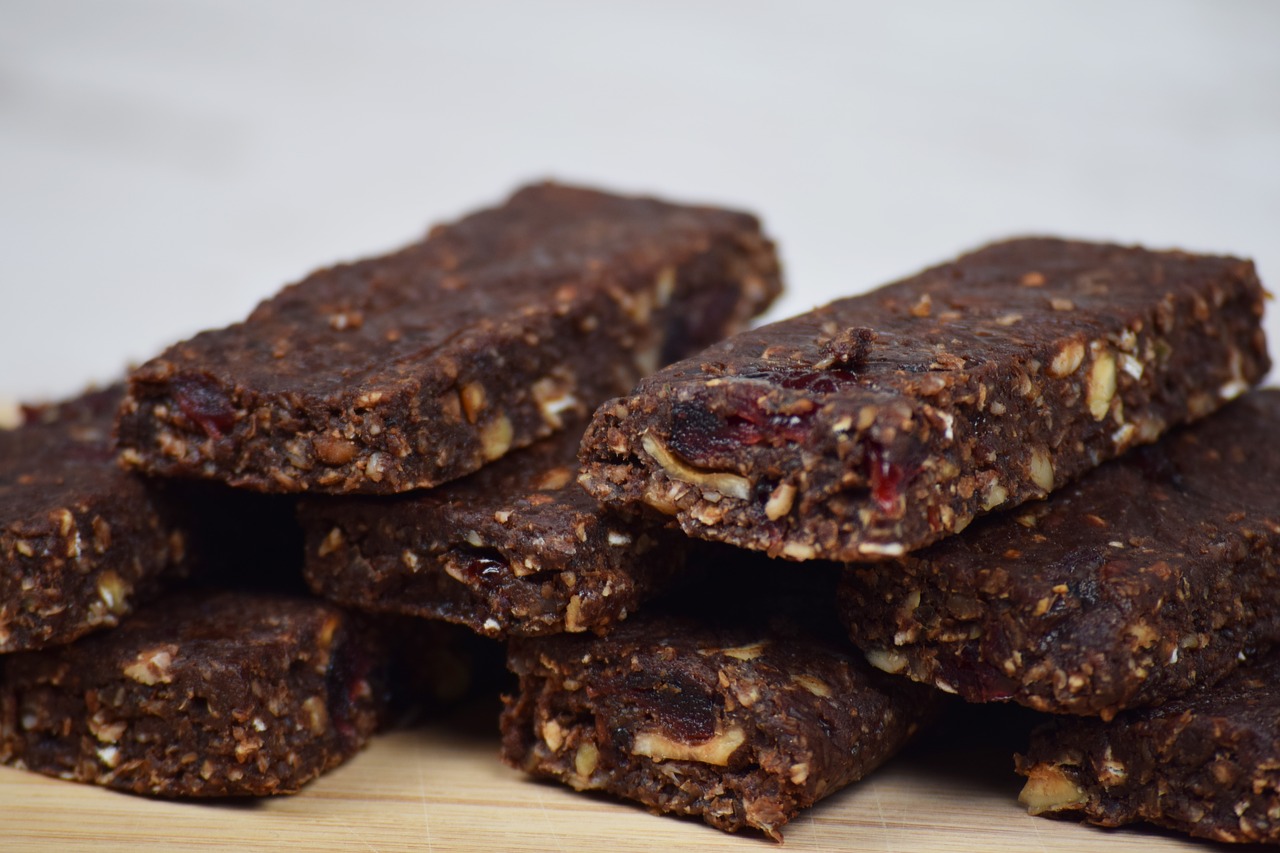Medical Foods
Medical Foods and Alzheimer's
Medical foods are foods that are formulated to manage diseases with distinct dietary requirements. According to the FDA, medical foods are intended to be used under medical supervision and they are intended only for patients receiving active and ongoing medical supervision. However, medical foods are not regulated by the FDA as a drug and are not required to undergo the same level of testing as prescription drugs. In addition, medical foods are exempt from the labeling requirements of health claims and nutritional labeling requirements, but they are required to label ingredients. In the EU, regulations, for the most part, are similar.1
Axona and Alzheimer's
Souvenaid and Alzheimer's
In addition, about half of the subjects did not wish to continue on from the 24 month study to the 36 month extended study which could have added bias into the study. For example, maybe subjects that felt a positive effect decided to continue while those that did not have any positive effects did not participate in the extension. Or maybe conditions deteriorated in some subjects and therefore they did not want to continue with the extension with the assumption that the treatment was not effective. In fact, the subjects in both the control group and treatment group that chose to stay on the study extension had a higher cognitive score than the average score of the original participants implying that there was some unintended selection taking place. The average MMSE scores for the original treatment group was 26.4 versus 27.2 for the treatment group in the extension (remember, a MMSE score of 24 is normal). In addition, funding of the study after 24 month was provided by the manufacture of Souvenaid and distributed to researchers to conduct the study. Despite the bias that may have occurred in the study, the majority if not all of the vitamins and nutrients in Souvenaid are critical for cognitive health and a deficiency of those nutrients and vitamins would be expected to have a negative effect on cognition.5,6,7,8
Currently Souvenaid is not for sale within the United States as the required efficacy and safety trials have not been conducted. A phase II trial is being conducted by the University of Miami and results should be available in 2022. Souvenaid’s availability is limited in other countries as well.9
Alzheimer's and Specific Foods
Medical Food References on this Page:
- https://www.fda.gov/media/97726/download
- Ohnuma T, Toda A, Kimoto A, Takebayashi Y, Higashiyama R, Tagata Y, Ito M, Ota T, Shibata N, Arai H. Benefits of use, and tolerance of, medium-chain triglyceride medical food in the management of Japanese patients with Alzheimer’s disease: a prospective, open-label pilot study. Clin Interv Aging. 2016 Jan 8;11:29-36. doi: 10.2147/CIA.S95362. PMID: 26811674; PMCID: PMC4712972.
- https://www.raps.org/regulatory-focus%E2%84%A2/news-articles/2014/1/medical-foods-can-t-treat-alzheimer-s-disease,-fda-says-in-warning-to-company
- Henderson ST, Morimoto BH, Cummings JL, Farlow MR, Walker J. A Placebo-Controlled, Parallel-Group, Randomized Clinical Trial of AC-1204 in Mild-to-Moderate Alzheimer’s Disease. J Alzheimers Dis. 2020;75(2):547-557. doi: 10.3233/JAD-191302. PMID: 32310169.
- Soininen H, Solomon A, Visser PJ, Hendrix SB, Blennow K, Kivipelto M, Hartmann T; LipiDiDiet clinical study group. 24-month intervention with a specific multinutrient in people with prodromal Alzheimer’s disease (LipiDiDiet): a randomised, double-blind, controlled trial. Lancet Neurol. 2017 Dec;16(12):965-975. doi: 10.1016/S1474-4422(17)30332-0. Epub 2017 Oct 30. PMID: 29097166; PMCID: PMC5697936.
- Scheltens P, Twisk JW, Blesa R, Scarpini E, von Arnim CA, Bongers A, Harrison J, Swinkels SH, Stam CJ, de Waal H, Wurtman RJ, Wieggers RL, Vellas B, Kamphuis PJ. Efficacy of Souvenaid in mild Alzheimer’s disease: results from a randomized, controlled trial. J Alzheimers Dis. 2012;31(1):225-36. doi: 10.3233/JAD-2012-121189. PMID: 22766770.
- Shah RC, Kamphuis PJ, Leurgans S, Swinkels SH, Sadowsky CH, Bongers A, Rappaport SA, Quinn JF, Wieggers RL, Scheltens P, Bennett DA. The S-Connect study: results from a randomized, controlled trial of Souvenaid in mild-to-moderate Alzheimer’s disease. Alzheimers Res Ther. 2013 Nov 26;5(6):59. doi: 10.1186/alzrt224. PMID: 24280255; PMCID: PMC3978853.
- Soininen H, Solomon A, Visser PJ, Hendrix SB, Blennow K, Kivipelto M, Hartmann T; LipiDiDiet clinical study group. 36-month LipiDiDiet multinutrient clinical trial in prodromal Alzheimer’s disease. Alzheimers Dement. 2021 Jan;17(1):29-40. doi: 10.1002/alz.12172. Epub 2020 Sep 13. PMID: 32920957; PMCID: PMC7821311.
- https://clinicaltrials.gov/ct2/show/NCT04147624
Back to Diet and Alzheimer's:
Determine which diet and nutrition plan is best for you based on your Apoe status and subtype.






